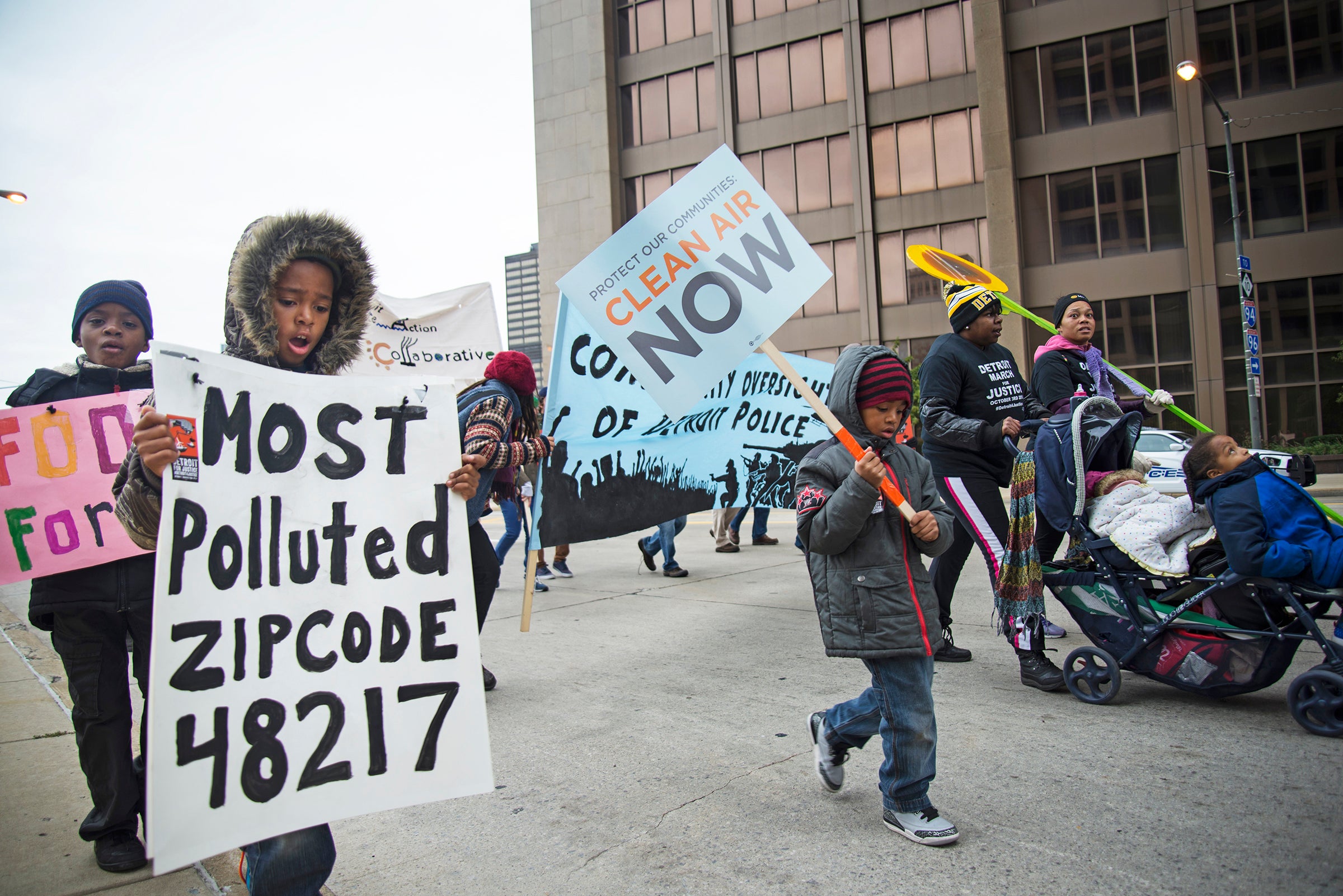WCP: Discourses of Power: Black Lives Matter and Adaptive Resilience
Posted in Visiting Scholars | Tagged Black Lives Matter, Deindustrialization, Economic Inequality, John Russo, Racial Inequality, Sherry Linkon, WCP, Working-Class Perspectives
We are very proud that John Russo, our Visiting Scholar for the 2015-16 academic year, brings the renowned Working-Class Perspectives blog to the Kalmanovitz Initiative. The blog is edited by John and Georgetown University’s professor of English Sherry Linkon. It features several regular contributors as well as guest bloggers.
Today’s post, authored by John Russo, makes the case that discussions about the long-term economic struggles of deindustrialized communities and racial inequality would benefit by addressing the influence of neoliberal ideologies and policies.
When we pay attention to the way neoliberalism undermined working-class communities, we too often focus only on the white working class. But as the dozens of news stories about Detroit’s economic struggles makes clear, those same policies had an even more devastating effect on the black working class. In Detroit, discussions of post-industrial decline, the value of “Black Lives,” and economic development converge. The auto industry once offered good jobs, with solid wages and benefits, and that created a strong middle class. Yet African Americans, who now make up the majority of the city’s population, had just barely gained entry to that middle class before economic restructuring literally moved that opportunity out of reach. As Thomas Sugrue has argued, when the auto industry moved its plants to the suburbs, business benefited while black workers struggled.
Take a moment to read the post and other Working-Class Perspectives .

